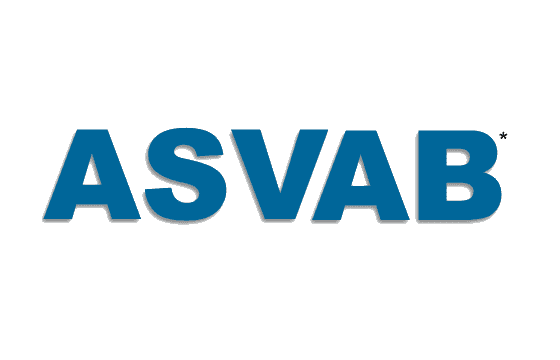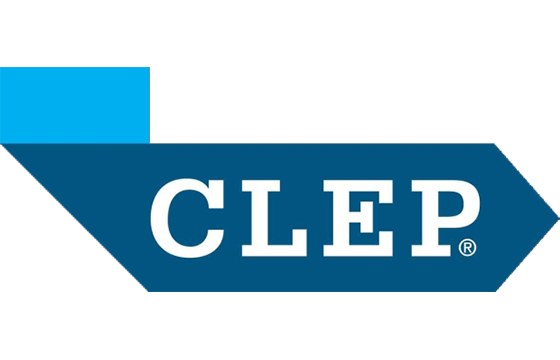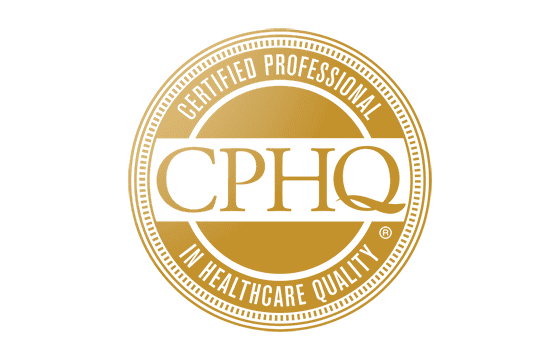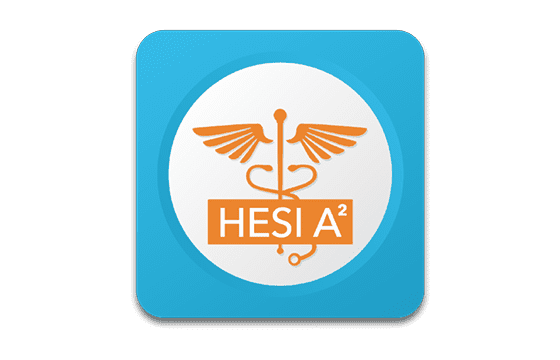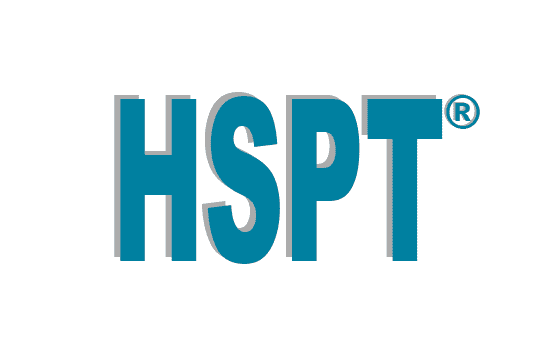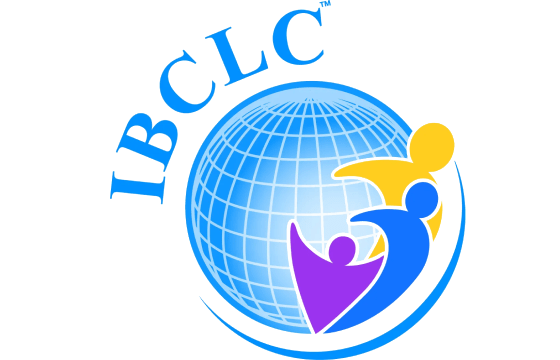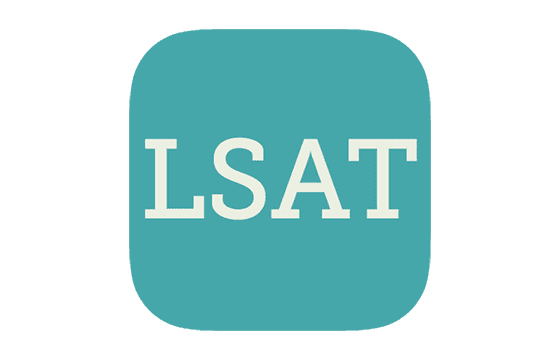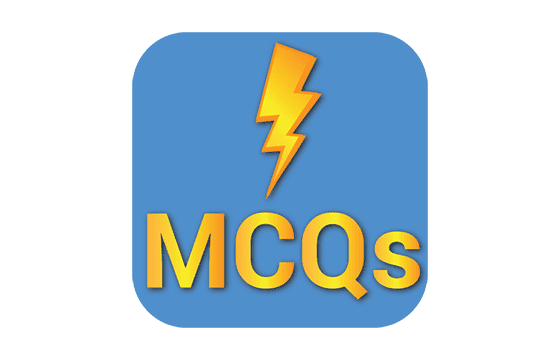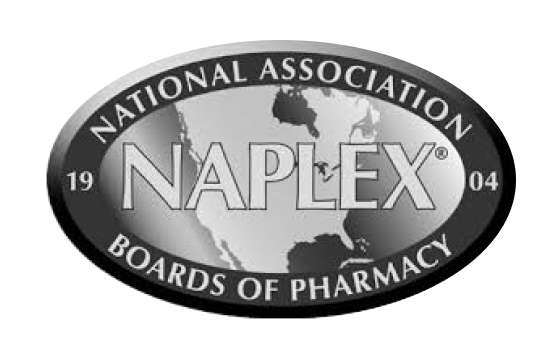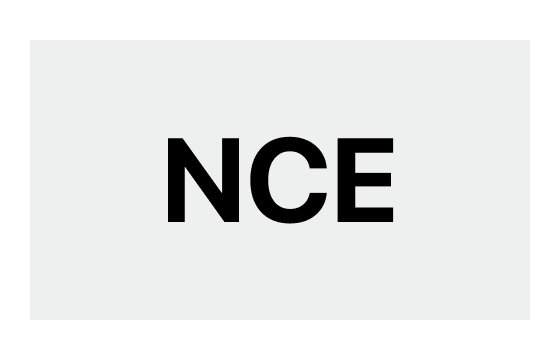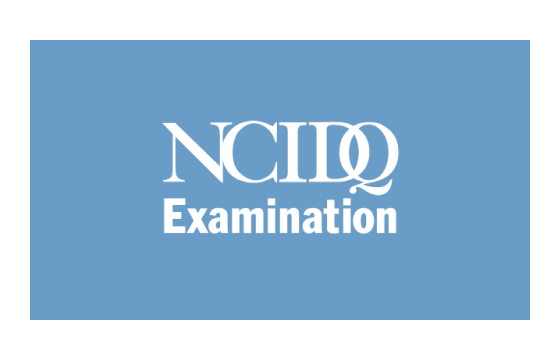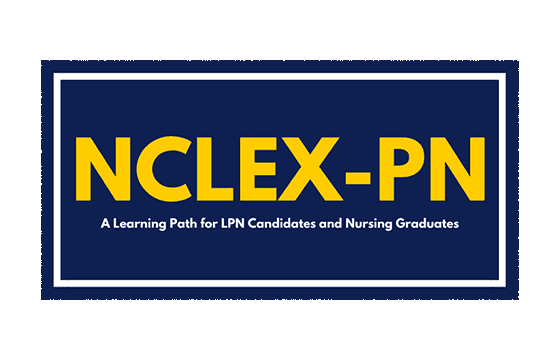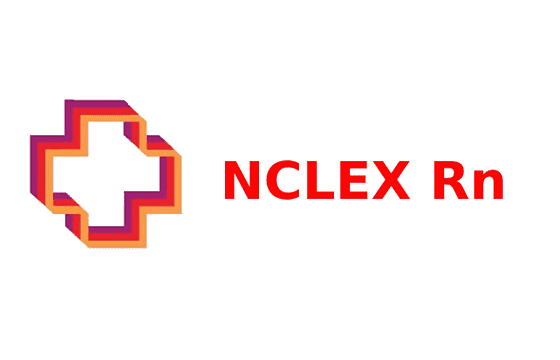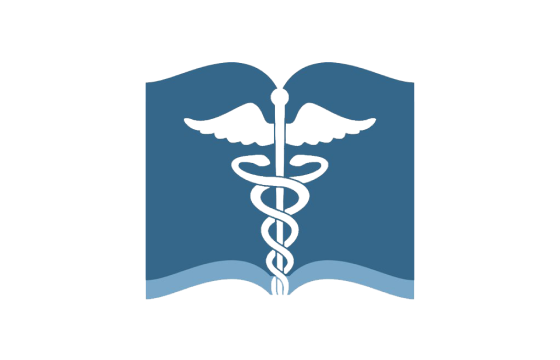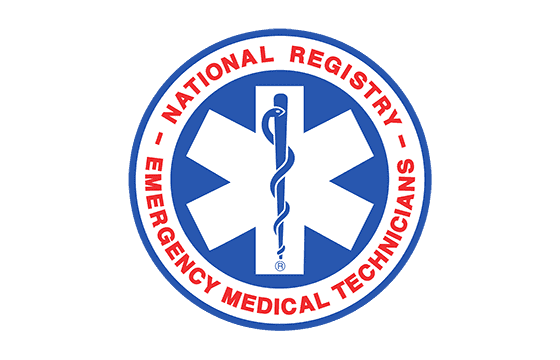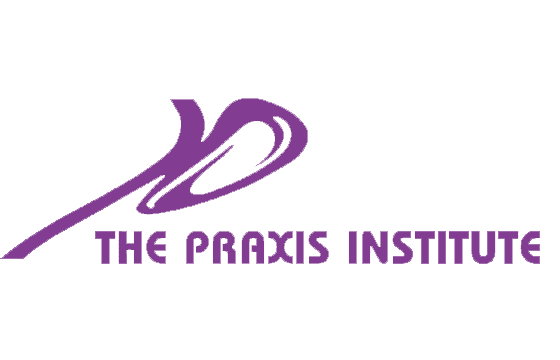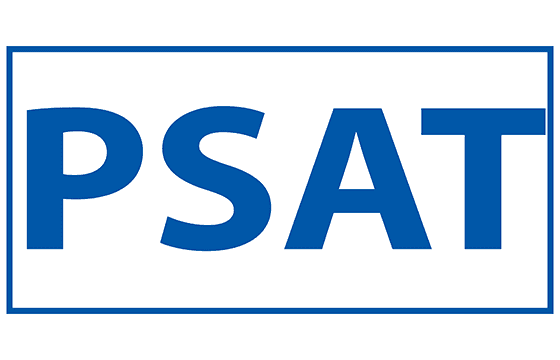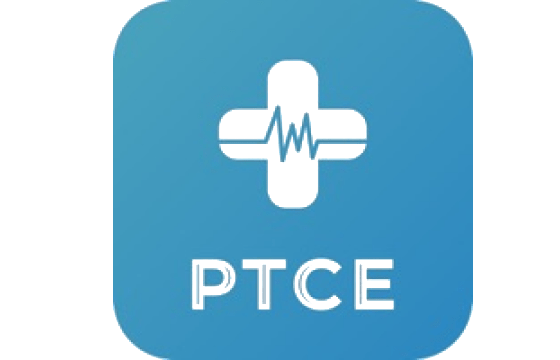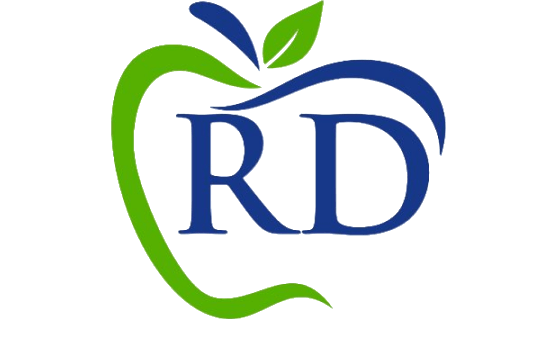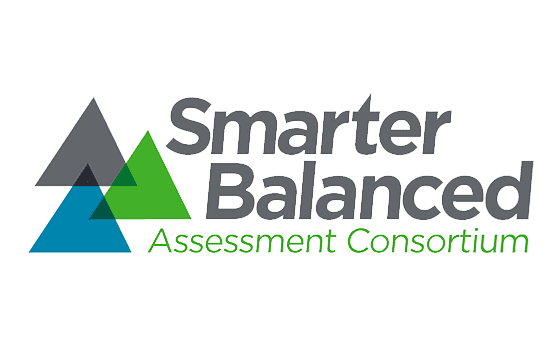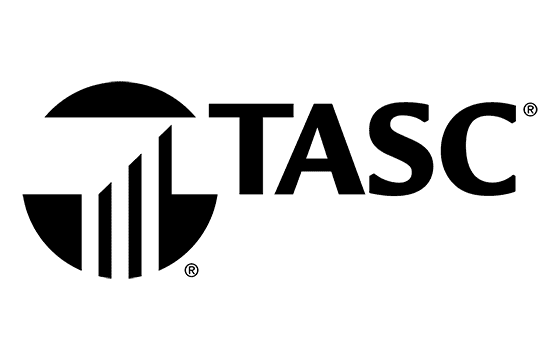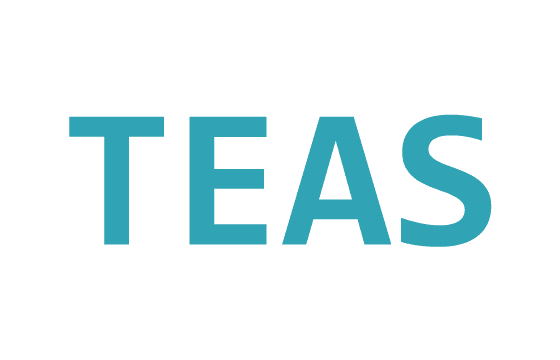Pass Your Test Easy!
Test Questions & Answers, Accurate & Verified By IT Experts
Instant Download, Free Fast Updates, 99.6% Pass Rate.
Test Prep TASC Certification Exam Dumps & Practice Test Questions
Prepare with top-notch Test Prep TASC certification practice test questions and answers, vce exam dumps, study guide, video training course from ExamCollection. All Test Prep TASC certification exam dumps & practice test questions and answers are uploaded by users who have passed the exam themselves and formatted them into vce file format.
Your Complete TASC Exam Preparation Roadmap
The Test Assessing Secondary Completion is a high school equivalency examination that measures knowledge and skills in core academic areas. Passing this exam provides individuals with a credential that is equivalent to a high school diploma, recognized by employers, training programs, and colleges. For many people who could not finish traditional high school, the TASC offers a second chance at completing their education and pursuing career or academic opportunities.
This exam evaluates the same knowledge and reasoning skills expected of a high school graduate, including mathematics, reading, writing, science, and social studies. Because of its wide scope, preparation is essential. A structured approach to studying can make the difference between barely passing and earning a solid score that reflects true mastery. For those who have been away from formal education for several years, the TASC is also an opportunity to rebuild confidence in academic abilities.
The importance of this test goes beyond earning a diploma equivalent. It can open doors to higher education, vocational certifications, and better employment options. Employers often see completion of the TASC as evidence of persistence and commitment, traits that are valuable in any professional setting. Taking the time to prepare thoroughly is an investment in both personal growth and future opportunities.
Understanding the Structure of the TASC
The TASC is divided into five separate subject tests. Mathematics covers arithmetic, algebra, geometry, and basic statistics. Science includes life science, physical science, and earth and space science. Social studies includes history, civics, government, economics, and geography. Reading focuses on comprehension and interpretation of passages, while writing tests grammar, usage, and the ability to construct a clear and organized essay.
Each section is timed, and candidates must achieve a minimum score on every subtest to pass overall. The essay portion of the writing test is scored separately and must also receive a passing score. Knowing how the exam is structured helps test takers create an effective study plan. For instance, someone who already reads and writes well might choose to focus extra time on math or science preparation.
Another part of understanding the structure is knowing the format in which the exam will be taken. Some testing centers offer computer-based testing, while others provide a paper option. Being familiar with the format can help reduce anxiety on test day and allow candidates to focus on the content rather than the process.
The Role of Diagnostic Testing in TASC Preparation
A key step in preparing for the TASC is taking a diagnostic or readiness test before beginning full-scale studying. A diagnostic test shows current skill levels and highlights areas that need the most attention. This early step is helpful because it allows test takers to spend time wisely rather than covering topics they already know well.
Diagnostic testing also builds familiarity with the format of questions. Seeing how the test is structured ahead of time can reduce stress and make test day feel more predictable. When results are reviewed carefully, they become a roadmap for a targeted study plan.
It is also useful to take additional practice tests as preparation continues. These progress checks show whether a study approach is working and reveal areas that still need improvement. They can also serve as motivation by showing measurable growth over time, which can be encouraging during long study periods.
Building a Personalized Study Plan
After understanding strengths and weaknesses, it is important to create a personalized study plan. A strong plan is specific, realistic, and broken into small steps. It outlines which topics to cover on which days and allows enough time for review before the exam date. Consistency is crucial. Studying for shorter periods every day is often more effective than trying to learn everything in one long session.
The study plan should include a mix of reading, practice questions, and review. Different types of activities keep learning engaging and help reinforce concepts. For example, after reading about a topic, working through practice problems immediately will strengthen retention. At the end of each week, reviewing progress and making adjustments ensures that time is spent effectively.
It is also important to be flexible. Life events can interrupt study schedules, so planning catch-up days can prevent stress. Building in time for rest is equally important. A well-rested mind learns and remembers information better, making breaks and sleep part of the overall preparation process.
Developing Strong Study Habits and Mindset
How you study matters just as much as what you study. Creating a quiet and organized space for study sessions helps with focus. Turning off distractions and gathering materials ahead of time reduces interruptions. Some people work best with background noise while others need complete silence. Experimenting with different environments will help determine what is most effective.
Active learning techniques, such as rewriting notes in your own words or teaching the material to someone else, are more effective than passively rereading text. Techniques like spaced repetition, where material is reviewed at gradually increasing intervals, improve long-term memory and are particularly helpful for memorizing formulas or dates.
Equally important is mindset. A positive attitude and perseverance are essential during preparation. It is normal to feel challenged by difficult topics, but persistence leads to improvement. Celebrating small successes, such as completing a set of practice problems or improving a score on a practice test, keeps motivation high.
Taking care of overall health also supports learning. Regular exercise, healthy meals, and adequate sleep all contribute to mental clarity and focus. Stress management techniques, such as deep breathing or brief walks between study sessions, can also help maintain balance and avoid burnout.
Preparing for the Mathematics Section
Mathematics is one of the most challenging parts of the TASC for many test takers, especially for those who have been out of school for a while. This section measures not only arithmetic but also algebra, geometry, and basic data analysis. To prepare effectively, start by reviewing fundamental math operations such as addition, subtraction, multiplication, and division with whole numbers, fractions, and decimals. A strong grasp of these basics will make higher-level concepts easier to approach. Once the foundations are solid, move on to algebraic concepts like solving equations, understanding variables, and working with inequalities. Algebra is a major focus of the exam, and questions often require using multiple steps to find solutions. Geometry questions typically involve shapes, area, perimeter, volume, and understanding properties of angles. Review formulas and practice applying them to real-world scenarios because the test will often frame questions in a practical context. Data analysis questions may include reading graphs, interpreting charts, and understanding probability and statistics. Practice with sample problems and timed quizzes to become comfortable working under exam conditions. When studying math, consistency is essential. Setting aside daily time to work through problems helps build confidence and reduces anxiety. Consider keeping a notebook of formulas and worked-out examples for quick reference and review.
Preparing for the Reading Section
The reading section measures comprehension, interpretation, and analysis skills. You will read both literary and informational passages and answer questions that require you to identify main ideas, analyze supporting details, and make inferences. Some questions ask you to determine the meaning of words in context or evaluate how an author structures an argument. To prepare effectively, practice reading a variety of texts, including fiction, historical documents, scientific articles, and opinion pieces. After reading, summarize the main points in your own words and ask yourself questions about the author’s purpose and the evidence provided. Timed practice is important because you must be able to read and answer questions efficiently within the allotted time. Focus on identifying the main idea quickly and scanning for key details that support it. Active reading strategies such as underlining or mentally noting key phrases can improve comprehension and retention. Another helpful strategy is comparing two texts when practice materials provide paired passages. This strengthens your ability to identify similarities and differences in perspective, tone, and argument, which is a skill tested on the exam.
Preparing for the Writing Section
The writing section has two parts: multiple-choice questions on grammar, punctuation, and usage, and an essay that assesses your ability to develop a clear, well-organized argument. Begin preparation by reviewing the rules of standard English grammar, including subject-verb agreement, sentence structure, and correct use of commas, semicolons, and other punctuation. Practice identifying and correcting errors in sample sentences because many test questions will ask you to choose the correct revision. For the essay portion, practice writing timed responses to prompts. The essay typically asks you to read two short texts and write an argument that compares them or takes a position supported by evidence. Focus on writing a clear thesis statement, organizing ideas into logical paragraphs, and using examples from the text to support your argument. A strong conclusion that reinforces your main point is also important. Practice planning your essay before writing. Spend a few minutes outlining your response so that your ideas flow logically. Editing your work, even briefly, can help catch small errors that affect clarity. The ability to write clearly and concisely under time pressure is a skill that improves with practice, so writing multiple practice essays is highly recommended.
Preparing for the Science Section
The science section assesses your ability to interpret data, understand scientific concepts, and apply reasoning skills. Questions cover life science, physical science, and earth and space science. You do not need to memorize every scientific fact but you do need to understand fundamental concepts and know how to read and analyze graphs, charts, and tables. Life science questions may ask about cell structure, genetics, ecosystems, and human biology. Physical science includes chemistry and physics topics such as chemical reactions, energy, motion, and forces. Earth and space science covers topics such as weather, climate, geology, and the solar system. A good preparation strategy is to review the main ideas of each area and practice applying them to real-world scenarios. Many questions present data in visual form and ask you to draw conclusions based on evidence. Practice interpreting charts and explaining what trends or patterns they reveal. Scientific reasoning is as important as content knowledge. Pay attention to questions that ask you to evaluate hypotheses or predict outcomes because these test critical thinking rather than rote memorization. Use practice materials that include data sets and experiment-based questions to strengthen these skills.
Preparing for the Social Studies Section
The social studies section measures understanding of history, civics and government, economics, and geography. Rather than memorizing dates and names, focus on understanding cause-and-effect relationships, the meaning of historical events, and the principles behind government systems and economic theories. History questions may ask about major events such as the American Revolution, the Civil War, and civil rights movements, often in the context of interpreting primary source documents. Civics and government questions may cover the structure of the United States government, the Constitution, and the Bill of Rights. Economics questions include supply and demand, market systems, and the role of government in the economy. Geography questions may involve maps, charts, and population data. To prepare, practice reading historical documents and analyzing their meaning. Pay attention to how authors express arguments and what evidence they use. This will help when answering questions that require interpretation and comparison. Timed practice with multiple-choice questions improves both speed and accuracy. Understanding themes and connections across events is also helpful because many questions require seeing the bigger picture rather than recalling isolated facts.
Building Confidence Through Practice Tests
One of the most effective preparation strategies for all sections is taking full-length practice tests under timed conditions. This allows you to experience what the real exam will feel like and to practice managing your time across multiple sections. After completing a practice test, review every question carefully, not just the ones you missed. Understanding why a correct answer is right helps reinforce concepts and prevents similar mistakes in the future. Tracking your scores over time is a good way to measure progress. If you notice consistent weaknesses in one subject, adjust your study plan to spend extra time on that area. Practice tests also help with pacing. Many candidates struggle with running out of time, especially in reading and math sections. Regularly timing yourself will help you develop a sense of how quickly you need to work.
Creating a Supportive Study Environment
Studying for the TASC can be a long process, and having the right environment and support system can make a big difference. Choose a quiet place to study where distractions are minimal. Keep all your study materials organized and within reach so you do not waste time searching for them. Some people find that working in a library or other quiet public space helps them stay focused because it creates a sense of structure. If possible, find a study partner or join a study group. Discussing topics with others can deepen understanding and keep motivation high. You can also share strategies and hold each other accountable for staying on track.
Managing Time and Reducing Stress
Time management is critical when preparing for the TASC. Create a realistic study schedule that fits your daily responsibilities but still allows regular review sessions. Break larger goals into smaller tasks to avoid feeling overwhelmed. For example, dedicate one day to reviewing algebraic equations and another to practicing reading comprehension. Along with managing study time, it is important to manage stress. Test anxiety can lower performance even when you know the material. Techniques such as deep breathing, stretching, and short breaks can keep you calm during study sessions and on test day. Adequate sleep before the exam is crucial because fatigue affects concentration and memory.
Final Review and Exam Day Strategies
In the final days before the test, focus on reviewing key concepts rather than trying to learn new material. Go over your notes, review formulas, and write quick summaries of main ideas. Light review the day before the test helps keep information fresh without causing burnout. On the day of the exam, arrive early so you have time to relax before testing begins. Bring required identification and any approved materials, such as a calculator if permitted. During the test, read each question carefully and pace yourself. If you encounter a difficult question, make your best guess and move on to avoid wasting time. Use any remaining time at the end of a section to review your answers. Staying calm and confident is as important as knowing the material.
Mastering Difficult Concepts and Overcoming Learning Gaps
One of the biggest challenges in preparing for the TASC is addressing the learning gaps that may have developed over time. Many adult learners have been away from school for years, which can make certain topics seem intimidating. The first step in overcoming these gaps is to acknowledge them without judgment. Struggling with a subject does not mean you are incapable of learning it. In fact, identifying areas of weakness is a strength because it allows you to focus your efforts where they are needed most. Break down difficult topics into smaller, manageable parts and work through them systematically. For mathematics, this might mean revisiting foundational arithmetic before tackling algebra. In science, it might mean reviewing basic biology before attempting complex genetics problems. Using multiple resources can help reinforce challenging concepts. Video lessons, step-by-step explanations, and guided practice problems are particularly helpful for visual and auditory learners. Repetition is essential. The more you expose yourself to a concept, the more comfortable it becomes. Set aside additional time each week for revisiting problem areas and track your progress so you can see improvement over time.
Building Stamina for Long Test Sessions
The TASC is a lengthy exam, and mental stamina plays a significant role in overall performance. Many candidates find themselves fatigued halfway through the test, leading to careless mistakes. Building stamina requires gradually increasing the length of your study sessions. Start with shorter study periods and work your way up to sessions that match the length of actual test sections. Full-length practice tests are invaluable for this purpose because they allow you to experience the pace and mental demand of the exam. Pay attention to how you feel during different sections and adjust your preparation accordingly. If you notice that concentration drops after a certain amount of time, practice strategies such as controlled breathing and mental resets to regain focus quickly. Proper nutrition and hydration also contribute to mental endurance. Eating balanced meals and staying hydrated during study sessions helps train your body to maintain energy levels. On test day, choose foods that provide steady energy without causing fatigue, such as whole grains, lean proteins, and fruits.
Advanced Strategies for Essay Writing
The essay portion of the writing test can be a source of anxiety, but it is also an opportunity to demonstrate critical thinking and communication skills. Advanced preparation begins with understanding the scoring rubric. Essays are graded on organization, clarity, development of ideas, grammar, and use of evidence from the provided texts. Practice writing essays under timed conditions and focus on creating a clear structure with an introduction, body paragraphs, and a conclusion. The introduction should include a strong thesis statement that clearly states your position or main point. Each body paragraph should focus on a single idea and include evidence from the text to support it. Integrate quotes or references smoothly and explain their significance rather than simply copying them. The conclusion should reinforce your thesis and provide a sense of closure without introducing new arguments. Time management during the essay is crucial. Spend a few minutes planning before writing so that your thoughts are organized. After writing, leave a few minutes to revise and check for grammatical errors. Practice writing essays on a variety of topics to become comfortable expressing ideas clearly and quickly.
Strengthening Critical Thinking and Analytical Skills
Critical thinking is at the heart of the TASC. Many questions require more than memorization; they demand interpretation, evaluation, and reasoning. Strengthening these skills involves practicing with materials that require analysis, such as reading primary source documents, scientific data sets, and argumentative essays. After reading, ask yourself questions such as what the author’s main point is, what evidence is presented, and whether that evidence is strong or weak. For science and math, practice interpreting data presented in graphs and tables and drawing conclusions based on evidence. Look for patterns and relationships rather than focusing solely on individual facts. When studying history or social studies, focus on cause-and-effect relationships and the larger themes that connect events. This will allow you to answer questions that require understanding of context rather than simple recall. Engaging in discussions with peers or study partners can also improve analytical thinking. Explaining your reasoning out loud helps clarify your own understanding and exposes gaps in logic that can be corrected before test day.
Using Technology to Enhance Study Sessions
Technology offers many tools that can make TASC preparation more effective and efficient. Online practice tests, video lessons, and interactive quizzes provide immediate feedback and allow for targeted practice. Many educational platforms use adaptive technology that adjusts difficulty based on performance, helping you focus on the areas where you need the most improvement. Flashcard apps are useful for memorizing key terms, formulas, and historical facts, and they allow you to review on the go. Time management apps can help you create and stick to a study schedule, while note-taking apps can keep all your study materials organized and accessible from any device. Recording your own explanations of difficult topics and listening to them later is another technique that reinforces memory. However, it is important to use technology strategically rather than as a distraction. Turn off notifications while studying and limit social media use during dedicated study time.
Practicing Under Realistic Conditions
To fully prepare for the TASC, it is essential to practice under conditions that closely simulate the actual test environment. This means timing yourself, working without external aids that will not be available on test day, and completing sections in one sitting. Creating a quiet, distraction-free space for these practice sessions helps replicate the focus required during the exam. Practicing in realistic conditions also helps reduce test anxiety because you will know exactly what to expect when you sit down for the real test. The more familiar the process feels, the more relaxed and confident you will be. Simulated practice tests are particularly helpful for learning how to pace yourself and allocate time to different questions. After each session, review not just the answers you got wrong but also those you got right to ensure that your reasoning was sound.
Developing Emotional Resilience and Test Confidence
Preparing for a major exam can be emotionally challenging, especially when balancing study with work and family responsibilities. Building emotional resilience is an important part of preparation. Start by setting realistic goals and recognizing that improvement takes time. Avoid comparing your progress to others and focus on your own growth. Celebrate small achievements, such as mastering a difficult math concept or writing a clear essay under timed conditions. Visualization techniques can also boost confidence. Spend a few minutes each day imagining yourself walking into the test center feeling calm, answering questions with focus, and leaving knowing you did your best. Positive mental rehearsal can reduce anxiety and improve performance. Mindfulness exercises, such as deep breathing or short meditation sessions, can help manage stress and maintain focus during study and on test day.
Reviewing and Refining Test-Taking Strategies
As test day approaches, refine your approach to answering questions. Learn to quickly eliminate obviously wrong answer choices and make educated guesses when necessary. Practice reading questions carefully to avoid careless mistakes and misinterpretations. For multiple-choice questions, look for clues in the wording that might indicate the correct answer. In math sections, double-check your work when time allows, but do not spend too long on a single problem. For reading and science sections, practice skimming passages efficiently while still capturing the main ideas. In the writing section, continue practicing essays with an emphasis on clarity and organization. Review previous practice essays and note areas where you lost points so you can avoid repeating the same mistakes.
Preparing Mentally and Physically for Exam Day
The final stage of preparation is making sure you are physically and mentally ready for exam day. Get plenty of sleep in the days leading up to the test and maintain a balanced diet that supports concentration and energy. Prepare everything you need for the test ahead of time, including identification, approved materials, and directions to the testing center. Arrive early so you have time to settle in and reduce stress. During the exam, maintain a steady pace and stay focused. If you feel anxious, take a deep breath and remind yourself of the preparation you have done. Confidence comes from knowing you have put in the work, so trust your preparation and stay calm.
Understanding Your TASC Scores
After completing the TASC, one of the most important steps is understanding your score report. Your results are not just numbers; they are a detailed reflection of your performance in each subject area. Each section of the TASC is scored on a scale from 300 to 800, and you need at least 500 on each subtest to pass. In addition, the writing section includes an essay that is scored separately and must meet the passing threshold. When you receive your score report, read it carefully. It will often break down your performance by content area within each subject, such as algebra, data analysis, or reading comprehension. This breakdown can give you insight into your strengths and weaknesses even after the test. If you pass, these results confirm that you have met the high school equivalency standard. If you do not pass, the score report can guide your next steps by highlighting the areas where you fell short and where further study is needed. Understanding your score helps you plan whether you need to retake certain sections or if you are ready to move on to using your credential for career and educational goals.
Planning for a Retake if Needed
Not everyone passes the TASC on the first try, and that is perfectly normal. If you find that one or more sections did not meet the passing score, do not be discouraged. The TASC is designed to allow retakes, and many testing centers permit candidates to retake individual sections rather than the entire exam. This is a major advantage because you only need to focus on the sections where your score was below 500. Start by reviewing your score report to determine which areas need improvement. Then create a targeted study plan that emphasizes those topics. Take advantage of diagnostic tools, practice tests, and review sessions to strengthen your skills. When planning a retake, be mindful of any waiting periods required by your testing center or state policy. Use this time wisely by continuing to study consistently. Retaking a section can be an opportunity to improve your overall confidence and demonstrate mastery. Many test takers perform better on the second attempt because they are more familiar with the format and time constraints. Approach the retake as a chance to apply what you have learned rather than as a setback.
Celebrating Your Achievement
Passing the TASC is a major accomplishment, and it is important to take time to celebrate it. For many individuals, this milestone represents overcoming personal, educational, or financial challenges. Earning a high school equivalency credential is a symbol of dedication and perseverance. Celebrating your success not only provides a sense of closure to the testing process but also reinforces your confidence for future endeavors. Share the news with family and friends, and take pride in what you have accomplished. Some people choose to commemorate the achievement with a small gathering, while others mark the occasion privately with a personal reward. No matter how you choose to celebrate, acknowledge the hard work and determination that went into reaching this point.
Using Your Credential for Career Advancement
One of the primary reasons people take the TASC is to improve career opportunities. Many jobs require at least a high school diploma or equivalent, and earning this credential can open doors to better employment. Once you have passed the TASC, consider updating your resume to include your achievement. This signals to potential employers that you meet the minimum educational requirement and that you have demonstrated persistence and a willingness to invest in your future. Beyond meeting job qualifications, the process of preparing for and passing the TASC can help you develop valuable skills such as time management, problem-solving, and goal setting. These skills can translate directly into workplace success. You may also find that passing the TASC qualifies you for job training programs, apprenticeships, or other workforce development opportunities. If you are currently employed, share your accomplishment with your employer, as it may open up opportunities for advancement or promotions.
Preparing for Higher Education
Earning a high school equivalency credential is often the first step toward continuing education. With the TASC completed, you are now eligible to apply for community colleges, trade schools, and many four-year institutions. The next step is to research programs that align with your career goals. Some schools may require additional placement tests, such as those that measure math and reading readiness, so be prepared to take them if necessary. The skills you developed while preparing for the TASC, such as studying consistently and managing test anxiety, will serve you well in future coursework. Consider meeting with an academic advisor or admissions counselor to discuss your goals and explore programs of interest. Financial aid may be available, and completing the Free Application for Federal Student Aid can help you determine your eligibility for grants, scholarships, and loans. Continuing education can lead to higher earnings, increased job stability, and personal growth. Whether you choose to pursue a certificate, associate degree, or bachelor’s degree, the TASC has given you the foundation you need to take the next step.
Leveraging Your Achievement for Personal Growth
The benefits of passing the TASC go beyond employment and education. For many people, earning this credential is a deeply personal accomplishment that boosts confidence and self-esteem. Completing this goal can serve as a reminder that you are capable of tackling challenges and achieving success. Use this momentum to set new goals for yourself, whether they are career-related, educational, or personal. Some people choose to volunteer in their communities, mentor others who are preparing for the TASC, or pursue hobbies and interests they had put aside. The process of preparing for and passing the TASC builds discipline and resilience, qualities that can help in all areas of life.
Maintaining Lifelong Learning Habits
One of the most valuable outcomes of preparing for the TASC is developing a habit of lifelong learning. The study skills, time management techniques, and perseverance you used to pass the exam can be applied to future challenges. Continue reading, taking courses, and seeking opportunities to expand your knowledge. This could include professional development workshops, online classes, or simply exploring new topics on your own. Staying curious and engaged keeps your mind active and helps you remain competitive in the job market. Lifelong learning also contributes to personal fulfillment, as gaining new skills and knowledge can lead to a richer, more meaningful life.
Staying Motivated for Future Goals
After achieving a major milestone like passing the TASC, it is common to experience a sense of relief followed by the question of what to do next. Staying motivated is essential for continuing progress. Set new short-term and long-term goals to maintain momentum. These could include applying for a job, enrolling in a training program, or starting college classes. Break your goals into smaller steps and track your progress. Surround yourself with supportive people who encourage your efforts and celebrate your successes. Motivation is easier to maintain when you have a clear vision of where you want to go and why it matters. Reflect regularly on how far you have come and use that as inspiration to keep moving forward.
Overcoming Challenges After the Exam
Even after passing the TASC, you may face challenges as you transition to the next phase of your journey. If you are entering the workforce, you might encounter competitive job markets or need to develop additional skills. If you are enrolling in school, you may need to adjust to academic expectations or balance coursework with work and family responsibilities. Anticipating these challenges and planning for them can make the transition smoother. Build a support network, stay organized, and do not be afraid to seek help when needed. Counselors, career advisors, and mentors can provide guidance and encouragement. Remember that persistence is just as important after the exam as it was during preparation.
Continuing to Build Confidence
Confidence grows with each accomplishment, and passing the TASC is only the beginning. Use your success as a reminder that you are capable of more than you may have believed. Continue challenging yourself with new opportunities that push you to grow. Confidence is built through action, and the more you take steps toward your goals, the more self-assured you will become. Share your story with others to inspire them. By talking about your experience, you not only motivate others but also reinforce your own sense of achievement.
Creating a Long-Term Career Plan
After earning your high school equivalency credential, it is a good time to think about your long-term career goals. Having a clear plan can provide direction and motivation. Begin by reflecting on your interests, skills, and values to determine what type of work would be fulfilling for you. Research different career paths and identify the education or training requirements for each. Some fields may require additional certifications or degrees, while others may focus on hands-on experience or apprenticeships. Once you have identified a career goal, break it into smaller, achievable steps. This might include completing short-term training programs, gaining work experience, or developing soft skills like communication and teamwork. Staying flexible is important because your goals may evolve as you gain experience and learn more about yourself and the job market. A long-term career plan should be reviewed regularly and updated as circumstances change.
Networking and Building Professional Relationships
Networking is a powerful tool for advancing your career after earning the TASC. Building professional relationships can open doors to job opportunities, mentorship, and collaboration. Start by letting friends, family, and colleagues know about your achievement and your career goals. Attend job fairs, workshops, and community events where you can meet people in your field of interest. Consider joining professional associations, both local and online, to connect with others who share your interests. Social platforms focused on careers can also be useful for finding opportunities and showcasing your skills. Networking is not just about asking for help; it is about building genuine connections. Be curious about others, ask questions about their experiences, and look for ways to offer value in return. Over time, these relationships can lead to referrals, job leads, and valuable guidance.
Continuing Education and Skill Development
Learning should not stop after passing the TASC. Continuing education helps you remain competitive in the job market and can lead to better career prospects. Consider enrolling in community college classes, technical programs, or online courses that align with your career goals. Even short-term courses and workshops can make a big difference by adding new skills to your resume. Focus on developing both hard skills, such as computer literacy or industry-specific knowledge, and soft skills, such as communication, teamwork, and leadership. Many employers value candidates who demonstrate a commitment to learning and growth. In addition to formal education, look for opportunities to learn on the job. Volunteer for projects that challenge you, seek mentorship, and be open to feedback. The skills and habits you developed while preparing for the TASC—such as discipline, organization, and perseverance—will help you succeed in any future learning environment.
Balancing Work, Education, and Personal Life
As you pursue new opportunities, balancing work, school, and personal responsibilities can be challenging. Time management is critical for maintaining this balance. Create a weekly schedule that includes time for classes, study sessions, work shifts, and personal commitments. Be realistic about how much you can take on at once and avoid overloading yourself. Learning to prioritize tasks helps ensure that the most important goals are met without unnecessary stress. Self-care should remain a priority, as burnout can affect your performance at work and school. Make time for rest, exercise, and activities that bring you joy. Open communication with family members or roommates can help them understand your commitments and provide support. Flexibility is also important because unexpected events may require adjusting your schedule. Staying organized and proactive will allow you to meet your obligations while continuing to work toward long-term goals.
Sustaining Motivation Over the Years
Maintaining motivation after achieving a major goal can be difficult, but it is essential for long-term success. One effective strategy is to set new goals as soon as you reach a milestone. These goals can be short-term, such as completing a certification course, or long-term, such as earning a degree or starting a business. Keep track of your progress and celebrate small wins along the way to stay engaged. Surround yourself with people who encourage and inspire you. Positive influences can help you stay focused during challenging times. Remind yourself regularly of why you are pursuing these goals and the benefits they will bring. Visualization techniques can be helpful, as imagining the future you are working toward can strengthen commitment and determination. When setbacks occur, view them as learning opportunities rather than failures. The ability to adapt and persevere is one of the most valuable skills you can carry forward from your TASC preparation experience.
Giving Back and Inspiring Others
Your journey does not have to end with personal success. Many people find fulfillment in using their experience to inspire others who are facing similar challenges. Consider volunteering at adult education centers, mentoring someone who is preparing for the TASC, or sharing your story through community events. Encouraging others can strengthen your own confidence and remind you of how far you have come. Giving back also builds connections within your community and contributes to a sense of purpose. The encouragement you provide could be the motivation someone else needs to take the first step toward earning their credential.
Embracing a Lifelong Growth Mindset
A growth mindset is the belief that abilities and intelligence can be developed through effort and learning. Embracing this mindset allows you to approach challenges with resilience and curiosity. When faced with difficulties, focus on the process of learning rather than just the outcome. This perspective turns mistakes into valuable lessons and helps you persist even when progress feels slow. A growth mindset fosters innovation and creativity, as you become more willing to try new approaches and take calculated risks. Carrying this mindset forward from your TASC preparation will benefit you in every area of life, from career advancement to personal development.
Looking Toward the Future
Passing the TASC is not the end of your journey but the beginning of new possibilities. The knowledge, skills, and confidence you have gained will serve as a strong foundation for whatever path you choose next. Whether your goal is to start a new career, pursue higher education, or simply feel more confident about your abilities, the effort you invested in preparing for the exam will continue to pay off. Approach the future with optimism and a willingness to keep learning. Life will present new challenges and opportunities, and you are now better equipped to face them.
Final Reflections
Preparing for and passing the TASC is a significant achievement that demonstrates determination, resilience, and commitment to self-improvement. The journey may have required overcoming fear, relearning academic skills, and balancing study with other responsibilities, but those challenges have made the accomplishment even more meaningful. This process has equipped you with more than just academic knowledge—it has helped you build habits of discipline, problem-solving, and persistence that will continue to serve you well. Moving forward, use this achievement as a reminder of what you are capable of accomplishing when you dedicate yourself to a goal. The confidence gained from this success can inspire you to continue striving for personal and professional growth. The TASC was one step in your journey, but it is a powerful one that opens the door to a future filled with opportunity.
ExamCollection provides the complete prep materials in vce files format which include Test Prep TASC certification exam dumps, practice test questions and answers, video training course and study guide which help the exam candidates to pass the exams quickly. Fast updates to Test Prep TASC certification exam dumps, practice test questions and accurate answers vce verified by industry experts are taken from the latest pool of questions.
Top Test Prep Certification Exams
Site Search:





